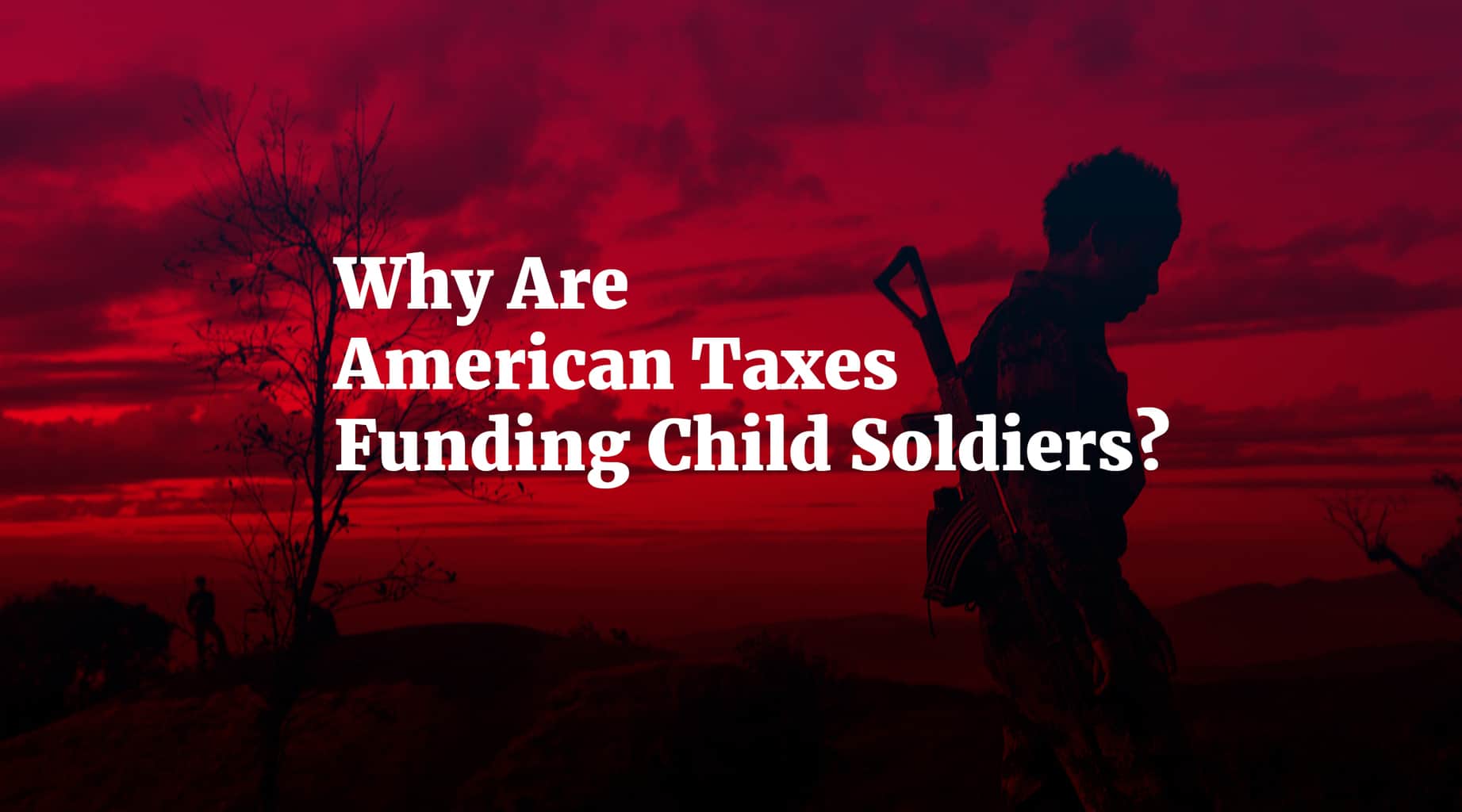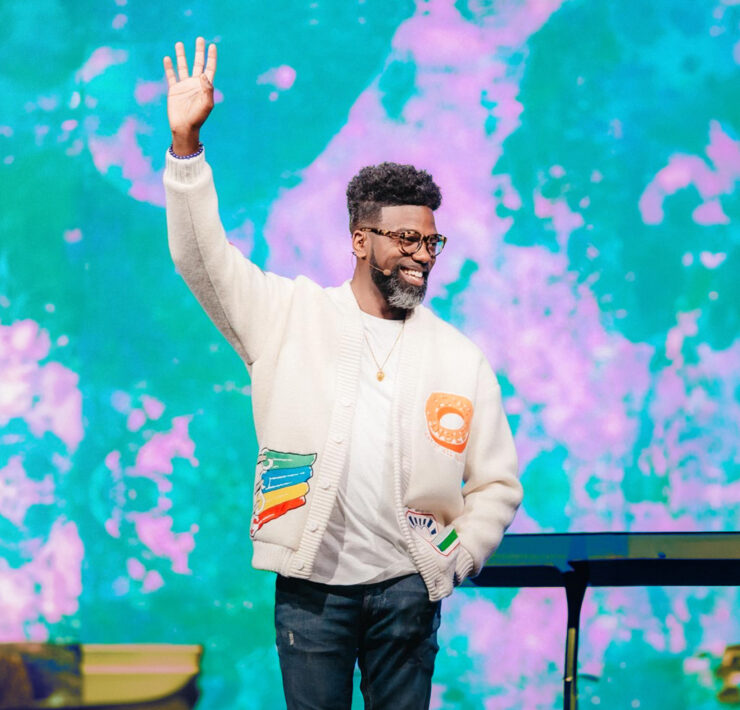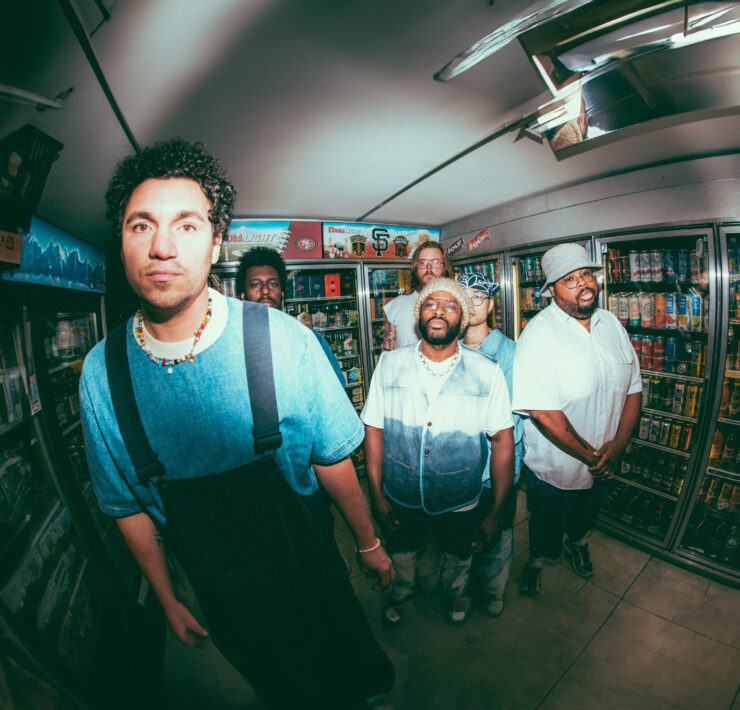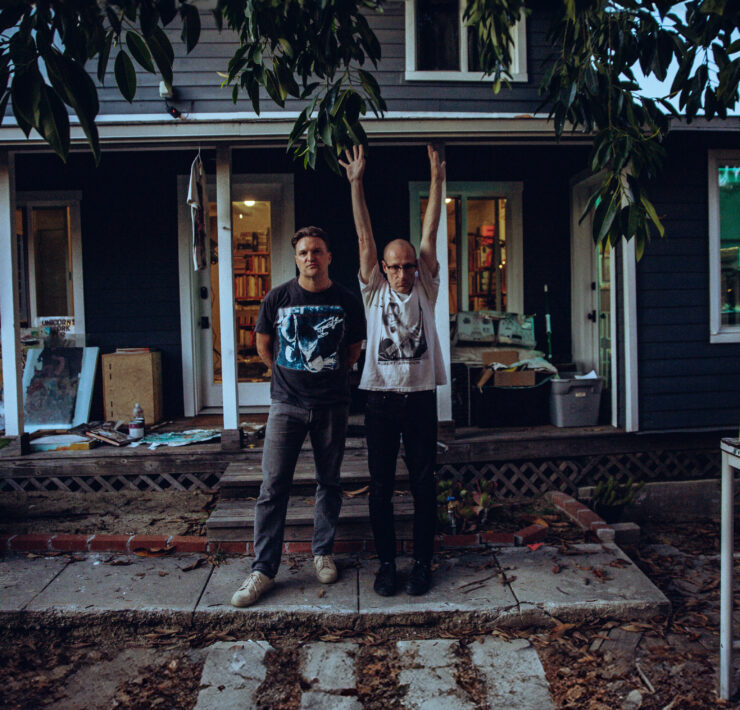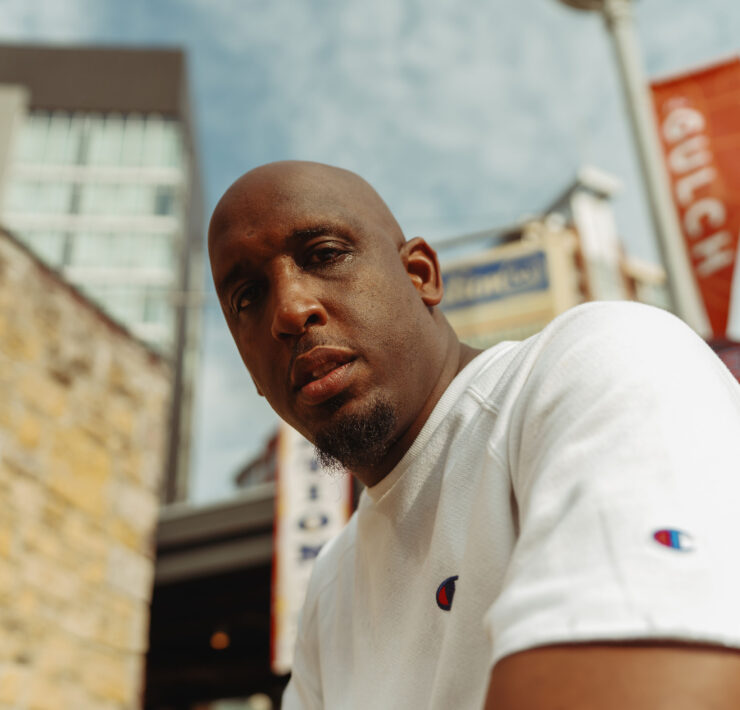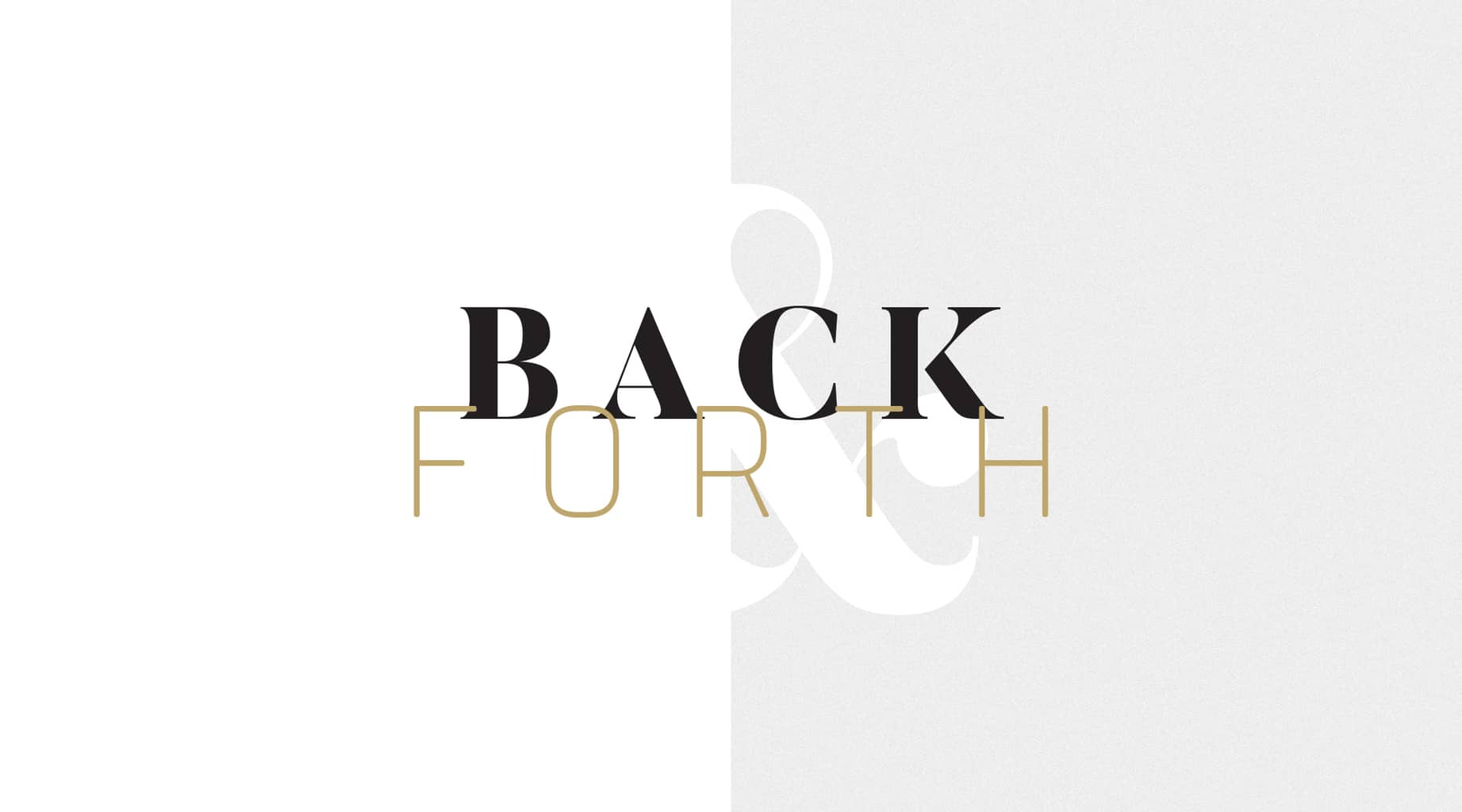
A RELEVANT roundtable discussion on the last 15 years of faith and culture and what it means for the future.
[/et_pb_text][/et_pb_column][/et_pb_row][/et_pb_section][et_pb_section bb_built=”1″ fullwidth=”off” specialty=”off”][et_pb_row][et_pb_column type=”4_4″][et_pb_image admin_label=”guests” _builder_version=”3.0.90″ src=”https://storage.googleapis.com/relevant-magazine/2017/12/Guests-1.png” show_in_lightbox=”off” url_new_window=”off” use_overlay=”off” align=”center” always_center_on_mobile=”on” force_fullwidth=”off” show_bottom_space=”on” custom_margin=”-173px|||” max_width=”80%” /][/et_pb_column][/et_pb_row][/et_pb_section][et_pb_section bb_built=”1″][et_pb_row][et_pb_column type=”4_4″][et_pb_text _builder_version=”3.0.90″ background_layout=”light” text_font=”Noto Serif||||||||” text_text_color=”#212121″ max_width=”70%” header_2_text_align=”center” module_alignment=”center” header_2_font=”Noto Sans|700|||||||” header_2_font_size=”30px” header_2_text_color=”#c6ac6f” module_class=”15y-article-content” header_2_line_height=”5em”]FOR THE LAST 15 YEARS, RELEVANT has had a unique vantage point covering the intersection of faith and culture, and chronicling what God is doing in this generation. A lot has changed since the magazine first debuted in March 2003, and things are changing faster than ever. To mark our 15th anniversary, RELEVANT founder Cameron Strang sat down with some of the important voices in American Christianity over the last 15 years—people who have helped shape the way we talk about faith. Here is part of that conversation:
SHIFTS
CAMERON: When RELEVANT debuted back in 2003, Christian and mainstream entertainment looked a lot different. Since then, we’ve witnessed the precipitous decline of the Christian retail industry and Christian music festivals, as well as the success of a lot of Christian artists in the mainstream. Why do you think things have changed so much over the last 15 years, and what does it mean for the future?
JON: The ultimate thing that LifeWay—or festivals or any of these things—not succeeding financially represents is that people are spending their money in other ways. The Church has attached itself to different capital in interesting ways over the last couple centuries. And we deem certain things kosher or Christian, and we sell them as such. So, essentially, you are selling a product, but it’s stamped: “We are affiliated with Christ.” And then the stores that sell these things are also in that same box. But the reality is, there’s no such thing as a Christian CD, there’s no such thing as a Christian store. There’s a building that houses a bunch of pieces of art that may or may not be good, that may or may not represent good theology.
EUGENE: I’ve always known this, but it has never been so poignant and so real that this country is an incredibly large country with lots of different views and nuances. It just reveals that even within the so-called nomenclature of Christian culture, there’s just such a broad perspective and view. [What is called] the evangelical Church in Seattle isn’t even called the evangelical Church in the South. So when people speak about Christian art, I think you’ve got Christians in different parts of the country with different perspectives on that very same topic.
[/et_pb_text][et_pb_image _builder_version=”3.0.90″ src=”https://storage.googleapis.com/relevant-magazine/2017/12/Block_quote_Sarah.png” show_in_lightbox=”off” url_new_window=”off” use_overlay=”off” always_center_on_mobile=”on” force_fullwidth=”off” show_bottom_space=”on” max_width=”70%” module_alignment=”center” custom_margin=”70px|||” /][et_pb_text _builder_version=”3.0.90″ background_layout=”light” text_font=”Noto Serif||||||||” text_text_color=”#212121″ max_width=”70%” header_2_text_align=”center” module_alignment=”center” header_2_font=”Noto Sans|700|||||||” header_2_font_size=”30px” header_2_text_color=”#c6ac6f” module_class=”15y-article-content” header_2_line_height=”5em”]
PROPAGANDA: This empire was built on an industry or a marketplace that needed categories. It was like this reckoning where the term doesn’t even serve all of [Christendom]. There are Christians who are “not allowed” at this table. And then somebody finally went, “I don’t know, man. I feel like what you’re selling me is safety. Not the faith.” I think it was a reflection of what was happening as a culture as a whole. And then technology and culture moved on, but the industry didn’t keep up, and in the meantime, artists kept making music and writers kept writing and had to find other ways to support themselves.

KIM: Artists and bands and worship teams that we love, they’re a lot more accessible now. That’s the power of the internet and social media. I think it’s just easier to hear new music, to connect, to watch live streams of fun shows and share moments. There’s this convenience factor, for a lot of people, being able to access the artist and the music and the different things from home now.
CAMERON: Because of the democratization of technology over the last decade, you can now create your own platform and influence and sell directly to people who follow you. Whereas before, you had to go to the Christian bookstore to find out what was being said.
SARAH: It seems like there were big titans, like Billy Graham, James Dobson, Pat Robertson, Jerry Falwell Sr. But now it seems like there are a million little kingdoms. Like you have people who follow Beth Moore, Jen Hatmaker, David Platt or Ann Voskamp, Rob Bell or whoever you name. And whoever you follow, it says something about yourself. “Oh, you’re in that Reformed camp. Oh, you’re in that more Charismatic camp.”
DON: In the old days before the internet, you could just willy-nilly say the Bible said pretty much anything you wanted and people just didn’t have the knowledge, the references or the ability to research the other tribes out there who were speaking against those ideas to affect our beliefs. And now, more and more, when a Christian leader gets up and says something, people kind of go, “Huh, maybe I’ll make up my own mind about that.”
SARAH: I think it’s really shocked thegatekeepers of the industry, the publishers. They used to be the curators, and you looked to them for what you should read, what you should watch. And now the word-of-mouth game has totally changed.
JON: All of these things that we’re talking about are human institutions, and there’s a really great differencebetween Christendom and the Church. I think that’s really helpful in this kind of conversation. You’re talking about kingdoms other than the Kingdom of Heaven, you know? Ultimately, the Church is an entity created by Christ, and it’s not gonna be outlasted by any of these things that are gonna crumble.
DON: Do you remember the end of M. Night Shyamalan’s movie The Village, where you kind of discover the monsters are there just to protect this tribe from the ways of the world? I think we’re rolling the credits on that movie in terms of the Christian subculture.
MUSIC
CAMERON: Fifteen years ago, it was like Christians or Christian artists were always trying so hard to be taken seriously. Now 15 years later, you have Chance the Rapper doing stuff with Kirk Franklin; you have Kendrick talking extremely openly about his faith; Ty Dolla $ign is on Lecrae’s album; Kesha’s doing a prayer song. Why do you think that is happening now?
EUGENE: I’ve always believed that good, compelling, inspiring, provocative, prophetic art will somehow rise to the larger consciousness. You’ve got these musicians who have made it very clear they are not Christian artists, that they’re not interested in going through the processes that the Christian industrial complex forces their artists to go through, but they’re producing some incredible art and music. It not only speaks to the Church or those who call themselves Christians; it has a message that’s also incredibly appealing and engaging with the larger culture.
KIM: People want to be real. They want to be honest. They want to be themselves. I think we all want lyrics and poetry and art that will connect to us, that speaks to us so we can go, “Yes, I know what that feels like,” or “Yes, you just put language to my experience.”
SARAH: I also think that people love seeing their faith represented in the mainstreams. You see this among Mormons, you see this among Muslims; this is not unique to Christians. You see it at the Emmys, the Oscars, the Super Bowl … when someone acknowledges their faith, that’s the stuff that goes viral. There’s a big emphasis, I think, on identity and owning [it], and faith is just a part of that.
FILM
CAMERON: Over the last 15 years we saw the rise of Christian movies: Fireproof and all those. They’re typically not the same production value as Hollywood films, but they were very successful selling tickets to Christians that didn’t typically go to movies. So when Hollywood tried to replicate that success with big-budget films like Russell Crowe’s Noah, Christian Bale’s Exodus or even Martin Scorcese’s Silence, they’ve all flopped. Why?
PROPAGANDA: The last thing I want to see is another Bible movie starring white people. I’m like, “Y’all’s main characters are still white, and your bad characters are still brown.” I watched Exodus: Gods and Kings, and I’m a Christian Bale fan. I loved him as Batman, but fam, you not Moses. So I think until Hollywood recognizes that if you’re going to try to get people of faith in this building, you really have to stick to the text. And then, you just have to find people who look like the region they’re in.
SARAH: Yeah. I think the market is a littlebit saturated, too. When The Passion of the Christ came out, it was like, “Oh my gosh, Hollywood is caring about faith!” And now it just feels like there is something biblical coming out every couple of months, so it doesn’t feel as special.
EUGENE: I have not watched a quote-unquote Christian movie since The Omega Code about 20 years ago. I think I’m still recovering from it, actually.


WORSHIP
CAMERON: Hillsong United, Bethel, Jesus Culture, Gateway and countless others: What do you think has led to the explosion of modern worship we’ve seen over the last 15 years?
EUGENE: It’s not as complex as we want it to be. Whether we want to admit it or not, [churches] have become events that we go to. I’m not saying that they “are” events but that’s just part of the dynamic of going to a church: a designated time that you go to. We don’t go merely to be entertained, but if we’re all being honest, we’re all consumers.
JON: It’s interesting because everyone I know learned how to play in context. And as schools are taking away music programs, the context for music often happens at church.
KIM: When I get around people who are 10, 15, 20 years or more younger than me, I am recognizing something in them: It just seems like they have this really incredible ability to see through everything. They know when you’re just kind of yanking them along on something, and they know when something is real and authentic. And I think that that’s part of the experience and what they’re looking for and why they’re being drawn to more worship bands and worship-type events and gatherings. It is more about the experience and connecting to God in a deeper, more meaningful way.
FAITH TRENDS
CAMERON: Blue Like Jazz was a pivotal book for many RELEVANT readers. It was one of the first widely successful books that embraced rethinking faith as a natural part of spiritual growth. Why do you think, in the last 15 years, it’s kind of become acceptable for a generation that was raised to “just believe” to start openly embracing doubt as part of their faith journey?
KIM: I personally love it so much. I love the wrestling and the questions, and I think that there’s just something in all of us that … we want to feel accepted and loved exactly where we are, and I think that is the beautiful thing of Jesus. He meets us right where we are and He loves us right where we are. I think we have gotten to a place of understanding over the last 10-15 years that God doesn’t expect perfection from us, and He does meet us where we are, and that He can handle our big questions and our wrestling and our doubts. I think that it’s especially important for young people, especially those who are just moving away from home to go through that, and kind of establish their own faith and have a relationship with God that is their own.

DON: The question isn’t, “Do we have all the answers,” it’s, “Did God give us all the answers?” And the secondary questions is: “If He gave us all the answers, could you even fit them all in your head?” Like, why would He? A parent doesn’t sit down with their 2-year-old and give them all the answers to life’s questions. It’s ridiculous. I think that’s what was happening.
EUGENE: If we surround ourselves merely with just doubt; if we’re merely surrounding ourselves only with questions, then I fear this rise of what I consider to be a very dangerous part of our spirituality; this instant cynicism that I think sometimes exists in individuals and maybe in our modern society and Church today.
SARAH: I would say along with Blue Like Jazz in 2003, came blogs. If you look at a lot of these blogs, they were willing to challenge some of the core assumptions that people had. Especially women like Rachel Held Evans, Sarah Bessey, Kristen Howerton, Jen Hatmaker, Nadia Bowles-Weber. These women were really willing to challenge what was core to the Christian faith and what was peripheral, what was cultural. You were able to test the waters on a blog, rather than a publisher having to take a chance on you. A blog post could go viral and no harm done. There were a lot of risks taken for a lot of people.
PROPAGANDA: I can’t have this conversation without bringing up the racial tone of that. There’s always been somewhat of an unspoken kind of asterisk that, if you were a person of color, you had to kind of bury a little bit of your opinion. Like, you’re going to have to be a Republican and [bury] these things that, if you were black or Latino, kind of rubbed you the wrong way. And then when someone finally went, “No dude, you don’t have to eat from this table.” I think that, for me, and the people around me, it kind of emboldened our faith.
EUGENE: I think there is a trend, even if it may be slow, even if it may be messy, for the eager Church to examine its complicity of racism and especially in the last five years with the movement of Black Lives Matter,with some of the realities of systemic injustice, whether it be incarceration, immigration, whether it be with the issues of police brutality. I think there is a trend within the Church to really take a look at its complicity—particularly its silence.
“Whether we want to admit it or not, [churches] have become events that we go to.” – Eugene Cho
CHURCH TRENDS
CAMERON: Looking back at the last 15 years, what are some of the other Church trends that stand out to you?
PROPAGANDA: I think the seeker-friendly church thing and the multisite church thing really stuck out to me. It’s like, y’all, do we—and I’m gonna include myself—do we hear ourselves right now? Some of us are trying to get clean water. You’re worried about whether or not the service offers Wi-Fi.
SARAH: Evangelicals have always been really good at mimicking the culture, and some people would think that’s a bad thing. But they’re good at copying trends in marketing and business and they’re good at following the trends, so they notice Instagram is popular; we’re gonna get on Instagram. The multisite thing is taking off; we’re gonna do the multisite thing. I think it’s a challenge for your average 100-person church down the road that is supposed to take care of the community. I think it’s a really big challenge for those kinds of churches to survive when people are flocking in numbers to the big ones.
JON: I think the community in some ways is getting bigger, but in many ways is getting smaller in that we’re only talking to people that look, act, think, believe and vote like us. And I think that’s a little bit disheartening.
CULTURE WAR
CAMERON: There’s a huge gap between what matters to our generation and to our parents’ generation. The older generation is typically more vocal about what they’re against; they want to legislate Christianity. And then, it seems like this generation is more moved by social justice and human dignity as an outgrowth of their faith. How do you guys see this playing out? Can the gap be closed? Or are we inevitably going to have two very different types of Christianity?
KIM: I think it’s really scary and hard to navigate [these conversations] at times. And most people in churches want to love and want to be in those conversations, but don’t always know how and don’t always know what to say. But I think even that is a good place to start. It’s the humility, again, going back to [saying], “Hey, I want to go back to a conversation about this; I want to talk about this; I have a lot of fears and concerns, but I want to do it in a way that’s honoring and respectful. How can I do this?”
PROPAGANDA: I’m convinced one of the biggest defining changes is that the term “evangelical” has much less to dowith your faith than it does your politics. So I think that if we just come to that reckoning and say, “What do we mean when we say this?” I think that that’s the way forward. I can’t help but look at this from a black perspective and say, “In some senses, it’s about doggone time.” Because I feel like, if we’re gonna go back through history, the moral rudder of the American Church has been the black folks. We were the ones who were finally like, “Hey, you know slavery’s crazy, right? Hey, you know Jim Crow’s crazy. You know you shouldn’t do that.”
SARAH: I think a lot of people think that the catch-all term, evangelicals, is no longer useful as a quick identifier of who you might be or who you align yourself with. It used to be a helpful term to separate yourself. It was a helpful term to situate yourself between fundamentalist and mainline Protestant. And now, a lot of people just don’t think it’s helpful at all. Especially when you have a lot of black Protestants who identify theologically with evangelical thinking and theology, but they wouldn’t culturally identify as evangelical. It’s become really unhelpful and really unclear. Cameron, I think you were mentioning earlier about how younger evangelicals are more progressive. And they are; we see in polls, they are more liberal than their parents on most issues: climate change, immigration, you name it, they’re probably more liberal than their parents. That said, we haven’t seen a huge shift in the voter bloc. When we look at evangelical voting patterns, they haven’t changed. If anything, the people who did come out to vote in this last election were very strong for Trump.
DON: Politics are going to keep showing us this dissonance. The Democrats do not have a lock on the teachings of Jesus. They are not going to help us follow Jesus. The Republicans are not going to help us follow Jesus. It’s just that when you are a Christian, you’re trying to figure out which political party you’re supposed to belong to because you think in binary. The truth is, you can’t really belong to either party. You’d have to let go of aspects of your faith in order to do that. But you do have to compromise with these two political parties in order to just have a government that functions.
“When I think about my heroes, they are people who do what needs to happen in secret.” – Jon Foreman
SARAH: President Obama did so much evangelical outreach, and he spoke the language so much more smoothly than other presidents. But there was a lot of fear built up under Obama on the issue of religious freedom and especially as it related to contraception and gay marriage. And I think those two issues really freaked a lot of conservative evangelicals out because they were afraid: “Oh, are you going to remove our federal funding if we don’t have gay employees? Are you going to force us to provide contraceptives that we consider to be of abortive factions?”
JON: I think all these terms are helpful to a degree: evangelical, protestant, conservative. They help us understand things, but they are also boxes that are untrue. Like, we talked about earlier with “conservative”: what are we actually conserving? For a protestant, what are you protesting? When we start to have those kinds of conversations, I think it can bridge the differences and the disagreements because we begin to find the commonalities in the things that we can agree on.
THE FUTURE
CAMERON: As we’re pivoting from what was to what will be, what do you see as the biggest opportunities and challenges facing the Church moving forward?
PROPAGANDA: I think, looking forward, if we can just have that symbiotic relationship between the individual and the collective that just steps back and says, “What does it really mean to love my neighbor? How can I live out this faith as subversively as Jesus did?” and let that be [what] defines our time.
KIM: I think there needs to be this reconciliation and this honor for each other. I think if we are to truly be the Church and to honor each other, we should really love each other like the Word commands us to. I think that part of loving each other is honoring each other and honoring where the other person is. I think that’s really easy to do when it’s your peer, when it’s someone who agrees with you. It’s really difficult to do when it’s someone you don’t see eyeto-eye with, or when it’s someone who may be a completely different generation from you.
JON: I’ve got a friend who goes downtown every Sunday morning, and he sweeps the bridges where a lot of these homeless folk live. He’s just this unknown guy who talks to folks and gives them water and food. It’s not a huge movement, and he doesn’t want it to be. He just wants it to be him. And I think for me, that was one of those things where it’s like, “OK, I want to do that. That’s what I want to be imitating.” I see that in the next generation. They want the real, and they want something bigger than something that’s just hyped [online]. That’s where I see the Church’s strengths lying.
DON: If there’s one mistake that I think younger millennials (those who are under 30) are making, it’s the sort of anti-corporation, anti-money, anti-enterprise mentality. We need to pivot our understanding to say that money isn’t a bad thing, it’s just a tool and we’ve got to use it to create equality in a society. I just wish there were more Christian economists, because I think if you really want to study a culture you just have to study its money. There’s a church in Ohio called Crossroads, but across the street from the church they’ve bought this used car lot, and they turned the building into an entrepreneurial help center. So they literally help people get businesses started. So the more the Church can understand the way business works and help people start and sustain businesses, the more they’re going to sustain the basic necessities of life.
EUGENE: I think what it means to be a global Christian is to be mindful of our context in our culture, in our cities, in our nation, so that we’re not perpetuating this Western Exceptionalism. I think it’s very significant.
SARAH: I think a lot of churches have stayed on the sidelines on a lot of political issues, by saying, “Oh, we don’t endorse from the pulpit. It’s not our issue. It’s not a Gospel issue.” But as we go forward, churches are not going to be able to stay silent on the issues of the day, whether it’s gay marriage or Donald Trump. I think people really want to know how to think about these big issues of the day, whether it’s racism and white supremacy—as you see things like Charlottesville unfold—people want to know how to think about this from a Christian perspective. And the #MeToo movement with sexual harassment, and the treatment of women. I think in the future, from a political standpoint, we’re going to see a reshaping of political parties and identity politics. And I think, going forward, they’re going to be looking to Fox News or John Oliver or church leaders. And I think that’s going to be the challenge and opportunity looking forward.










